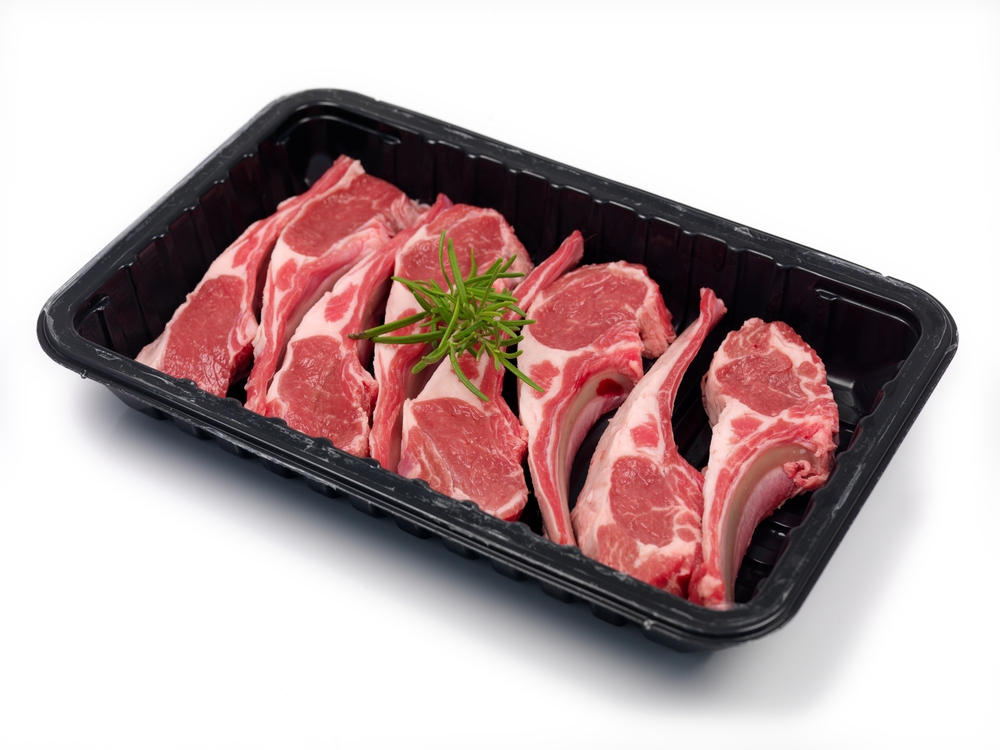A European consortium of 12 entities have partnered in the frame of the HyperBioCoat project, composed by different R&D entities and companies. This project will investigate and develop a new bio-based and biodegradable coating for rigid and flexible plastic packaging. According to Dr. Stefan Hanstein, coordinator of the project, “the challenge of this project is to impart superior barrier properties to biodegradable packaging materials. This innovation will be carried out by combining the high-performance ORMOCER® concept with oligomeric hemicellulose feedstock. The result will have an impact on the demand of the packaging industry for biodegradable and bio-based packaging materials”.
This coating, applied to bio-based packaging, will improve the barrier properties of bio-based packaging, which actually are not as strong as it is needed. This new bio-based coating will increase the product’s shelf life and contribute to a reduction of CO2 emissions, as all the precursors needed for lacquer synthesis will be based on renewable materials.
The project, coordinated by the Fraunhofer Institute ISC, has received funding from the Bio Based Industries Joint Undertaking under the European Union’s Horizon 2020 research and innovation programme under grant agreement No 720736.



